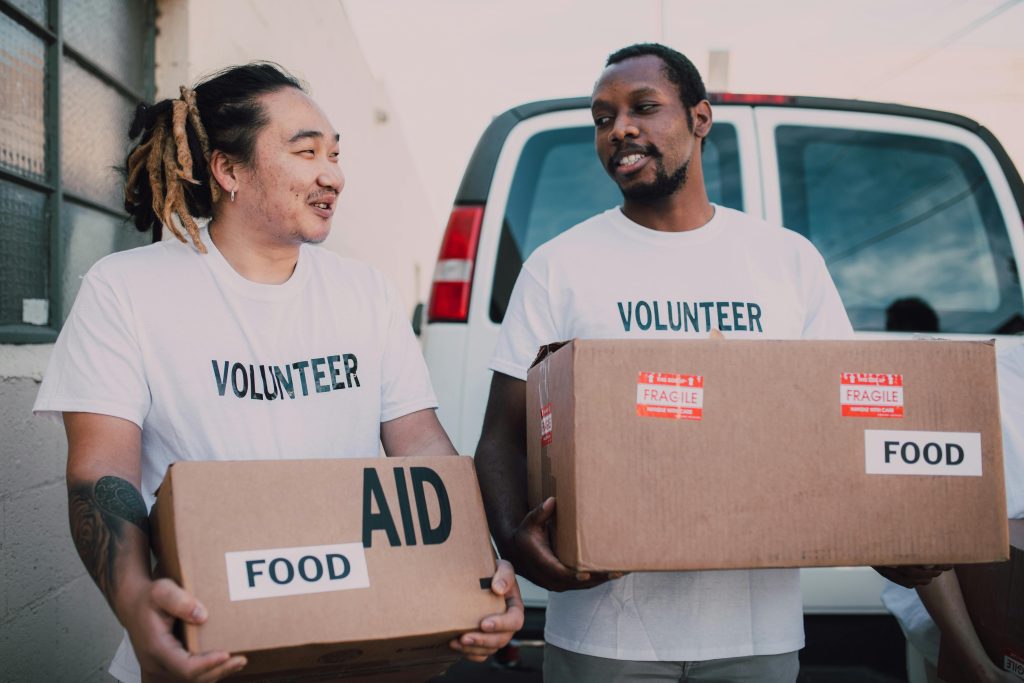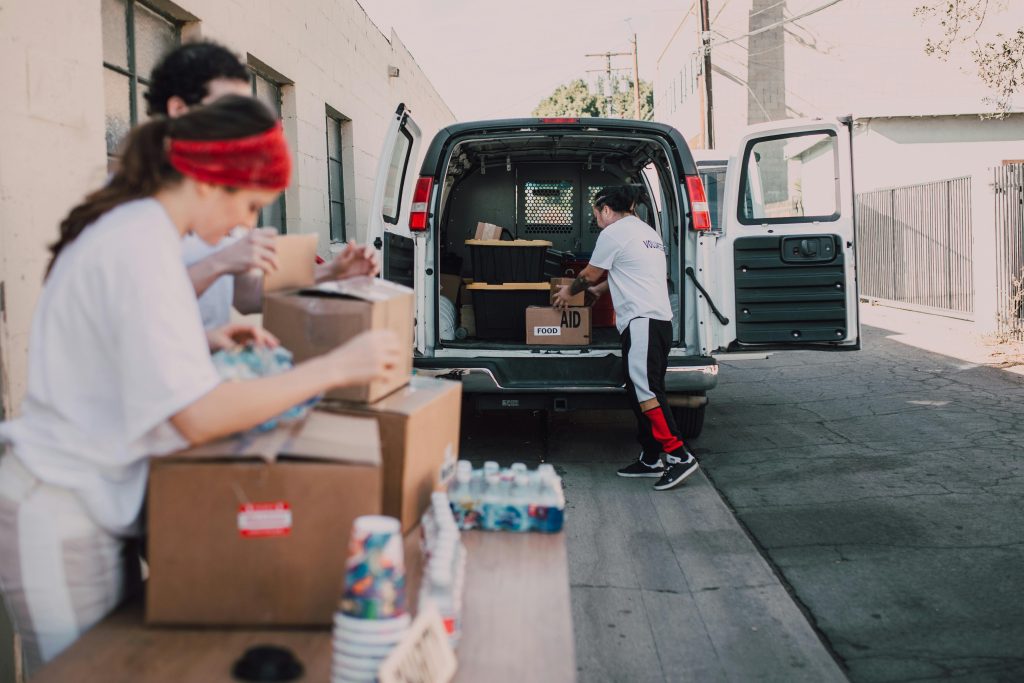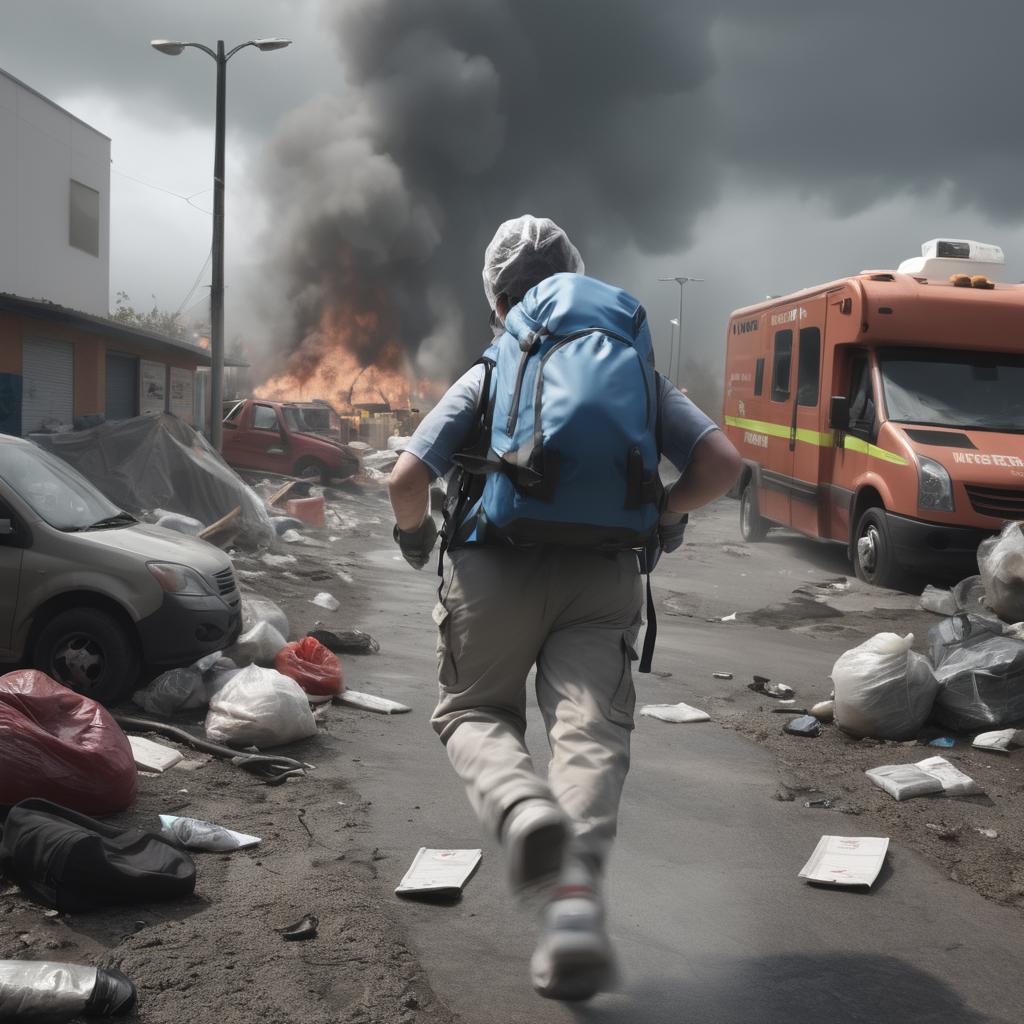Emergencies, whether natural disasters or unforeseen events, can pose significant challenges for individuals with medical conditions. Proper planning and preparation are crucial for ensuring the well-being and safety of those with pre-existing health issues. This blog post will discuss various medical conditions and the essential supplies, medical supplies, and strategies for managing them during emergencies.
Diabetes
Diabetes is a chronic condition that requires careful management, particularly during emergencies. Here are some essential supplies and strategies for managing diabetes in emergency situations:
- Insulin and other medications: Stock up on an ample supply of insulin and other diabetes medications, along with insulin syringes, test strips, and a blood glucose meter.
- Low blood sugar treatments: Keep a variety of fast-acting carbohydrate sources, such as glucose tablets, gel, or hard candies, on hand to treat low blood sugar (hypoglycemia).
- High blood sugar treatments: Maintain a stock of ketone test strips and plenty of water to help manage high blood sugar (hyperglycemia).
- Snacks and non-perishable food items: Pack a variety of non-perishable food items, such as canned fruits and vegetables, nuts, and protein bars, to maintain stable blood sugar levels.
- Proper storage: Store insulin and other medications in a cool, dry place, away from direct sunlight and temperature fluctuations. Consider investing in a portable, temperature-controlled storage container for insulin.
Heart Conditions
Individuals with heart conditions must take extra precautions during emergencies to ensure their safety and well-being. Here are some essential supplies and strategies for managing heart conditions in emergency situations:
- Medications: Stock up on an ample supply of heart medications, such as beta-blockers, calcium channel blockers, and nitroglycerin, along with any other prescribed medications.
- Medical alert identification: Wear a medical alert bracelet or necklace that identifies your heart condition and any allergies or medical concerns.
- Monitoring equipment: Pack a portable blood pressure monitor and pulse oximeter to help monitor your heart health during emergencies.
- Stress management: Practice stress-reducing techniques, such as deep breathing, meditation, or yoga, to help manage stress and anxiety during emergencies.
- Emergency contact information: Keep a list of emergency contact information, including your healthcare provider, local hospitals, and family members, easily accessible in case of an emergency.
Broken Legs or Injuries
Broken legs or other injuries can significantly impact mobility and overall well-being during emergencies. Here are some essential supplies and strategies for managing injuries in emergency situations:
- First-aid kit: Stock up on an ample supply of first-aid items, such as bandages, gauze, antiseptic wipes, and pain relievers.
- Splints and braces: Pack a variety of splints and braces to help stabilize injured limbs and promote healing.
- Crutches or walkers: Invest in a pair of crutches or a walker to help with mobility during emergencies.
- Pain management: Stock up on over-the-counter pain relievers, such as ibuprofen or acetaminophen, to help manage pain and discomfort.
- Medical attention: Seek medical attention as soon as possible to ensure proper treatment and care for your injury.
Sleep Deprivation
Sleep deprivation can significantly impact cognitive function, mood, and overall well-being during emergencies. Here are some essential strategies for managing sleep deprivation in emergency situations:
- Establish a sleep routine: Maintain a consistent sleep routine, even during emergencies, to help regulate your body’s natural sleep-wake cycle.
- Create a sleep-friendly environment: Use blackout curtains, eye masks, or earplugs to help block out light and noise, promoting a restful sleep environment.
- Limit caffeine and stimulants: Avoid caffeine and other stimulants, especially in the hours leading up to bedtime, to help promote restful sleep.
- Practice relaxation techniques: Engage in relaxation techniques, such as deep breathing, meditation, or gentle stretching, to help promote sleep and reduce stress.
- Rotate sleep shifts: If possible, rotate sleep shifts with family members or group members to ensure everyone gets adequate rest during emergencies.
Dehydration
Dehydration can lead to a variety of health issues, particularly during emergencies when access to clean water may be limited. Here are some essential supplies and strategies for managing dehydration in emergency situations:
- Water storage: Stock up on an ample supply of clean water, along with water purification tablets or filters, to ensure access to safe drinking water during emergencies.
- Electrolyte replacement: Pack electrolyte replacement solutions, such as oral rehydration salts or sports drinks, to help replenish essential nutrients lost through dehydration.
- Hydration monitoring: Monitor your hydration levels by checking your urine color and frequency. Dark yellow urine or decreased urine output may indicate dehydration.
- Stay cool: Stay in shaded or air-conditioned areas to help prevent excessive sweating and dehydration.
- Seek medical attention: Seek medical attention if symptoms of severe dehydration, such as dizziness, confusion, or rapid heartbeat, occur.
Incontinence
Incontinence can be a challenging and embarrassing issue to manage during emergencies. Here are some essential supplies and strategies for managing incontinence in emergency situations:
- Absorbent products: Stock up on an ample supply of absorbent products, such as adult diapers, pads, or briefs, to help manage incontinence.
- Protective underwear: Invest in protective underwear or leak-proof garments to help prevent accidents and maintain dignity during emergencies.
- Cleaning supplies: Pack a variety of cleaning supplies, such as wet wipes, cleansing foam, or spray, to help maintain personal hygiene during emergencies.
- Change of clothes: Pack a change of clothes, including underwear and socks, in case of accidents or leaks.
- Discuss with your healthcare provider: Consult with your healthcare provider about potential medication adjustments or other strategies for managing incontinence during emergencies.
IBS and Colitis
Managing IBS and colitis during emergencies can be challenging, particularly when access to familiar foods and medications may be limited. Here are some essential supplies and strategies for managing IBS and colitis in emergency situations:
- Medications: Stock up on an ample supply of prescribed medications, along with over-the-counter remedies, such as antidiarrheal or anti-inflammatory agents.
- Familiar foods: Pack a variety of familiar, non-perishable food items that are known to be well-tolerated and less likely to trigger symptoms.
- Stress management: Practice stress-reducing techniques, such as deep breathing, meditation, or yoga, to help manage stress and anxiety, which can exacerbate symptoms.
- Stay hydrated: Drink plenty of water and electrolyte replacement solutions to help prevent dehydration, which can worsen symptoms.
- Seek medical attention: Seek medical attention if symptoms become severe or unmanageable during emergencies.
Migraines
Managing migraines during emergencies can be challenging, particularly when access to familiar medications and treatment options may be limited. Here are some essential supplies and strategies for managing migraines in emergency situations:
- Medications: Stock up on an ample supply of prescribed migraine medications, along with over-the-counter pain relievers, such as ibuprofen or acetaminophen.
- Cold packs or ice: Pack a portable cold pack or ice to help relieve migraine pain and discomfort.
- Dark, quiet environment: Seek out a dark, quiet environment to help alleviate migraine triggers, such as bright lights and loud noises.
- Stress management: Practice stress-reducing techniques, such as deep breathing, meditation, or yoga, to help manage stress and anxiety, which can trigger migraines.
- Seek medical attention: Seek medical attention if migraines become severe or unmanageable during emergencies.
Managing medical conditions during emergencies requires careful planning and preparation. By stocking up on essential supplies, medical supplies, and implementing effective strategies, individuals with pre-existing health issues can ensure their well-being and safety during challenging times. Always consult with your healthcare provider for personalized advice and recommendations tailored to your specific medical needs.



